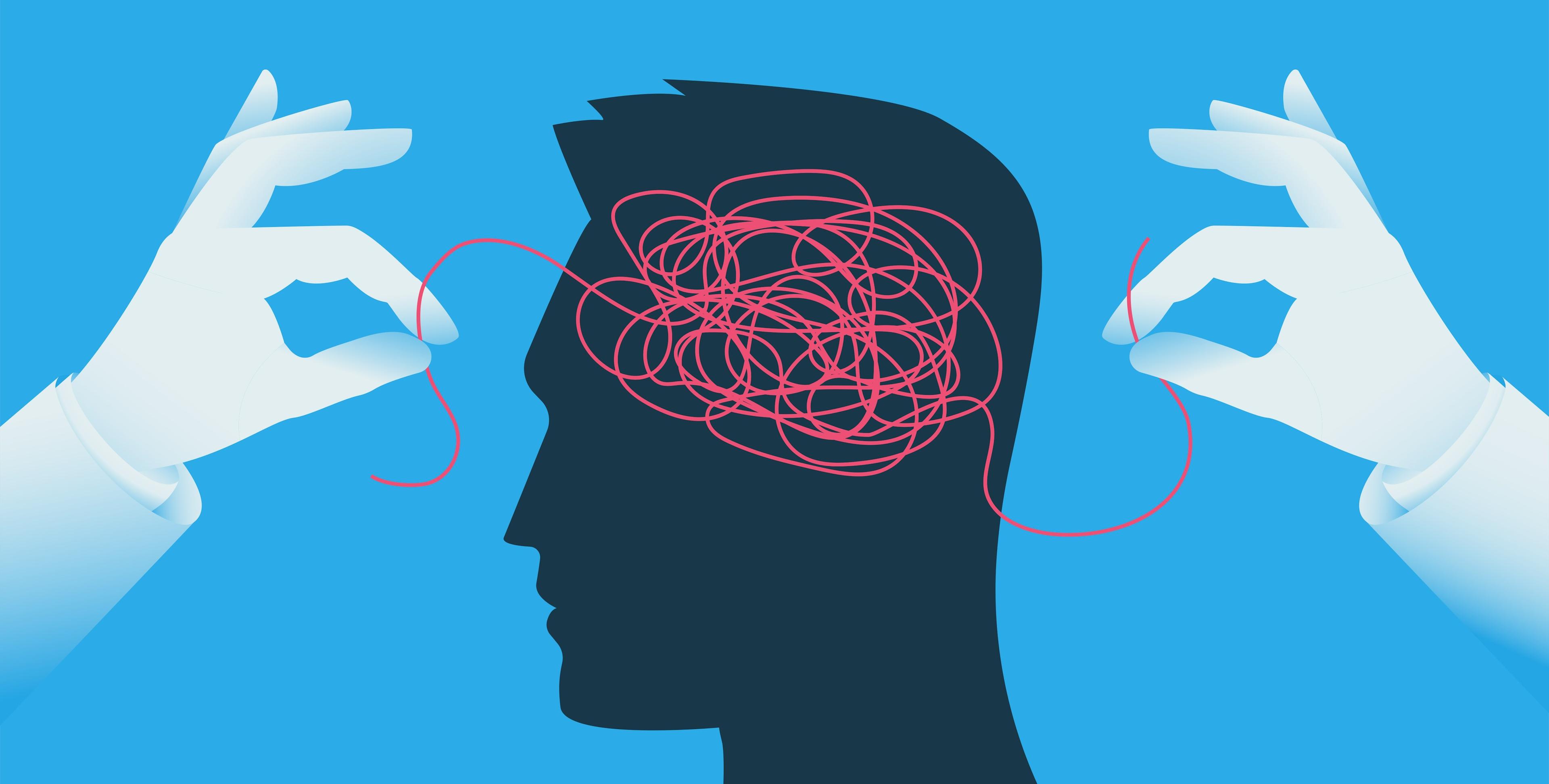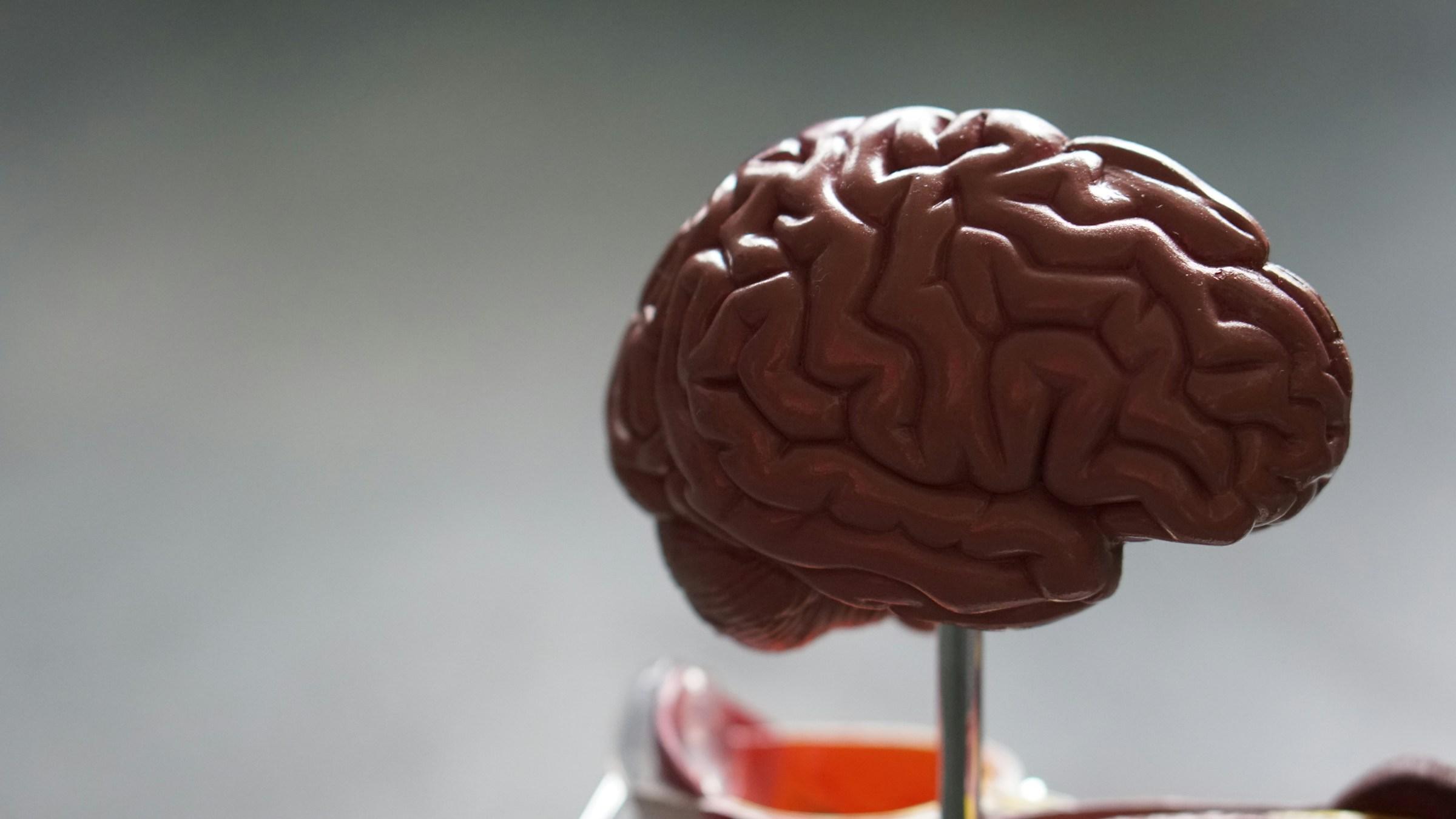Brain fog rarely arrives with sirens. It shows up in small moments that feel ordinary. You walk into a room and stop, unsure why you came. You read a sentence again and still cannot hold it. You reach for a simple word and find only silence. People blame age, diets, or the newest villain on their feed. The internet offers complicated charts and exotic fixes. The pattern that repeats across offices, classrooms, and kitchens is far simpler. Most fog begins with sleep that came too late, ended too early, or broke apart in the middle. The most common cause is sleep debt, and it hides in plain sight.
Sleep debt is not only about hours on a clock. It is a habit, a culture, and a set of choices that stretch the day past its natural edges. Evening becomes a second shift. Work seeps into the night through one more message, one more slide, one more task that seems small. Entertainment waits with bright colors and endless scroll. Autoplay is easy to love at midnight and harder to forgive at nine. People describe this as harmless leisure or a reward for a long day. It often becomes a quiet deal that trades tomorrow’s attention for tonight’s relief.
There is a kind of myth about mornings that makes the problem harder to see. Social media sells a perfect routine that starts with sunrise. There is a gym session. There is journaling. There is a breakfast that looks like it belongs in a cookbook. What is often missing is the earlier scene. The phone that stayed on. The light that stayed bright. The brain that never landed. When the night expands, the next day shrinks. Coffee can carry the first hour, but the bill arrives by midmorning. Messages need to be reread. Names slip away. Decisions stall. People call this stress. Sometimes it is simply fatigue wearing a new name.
Modern work settings pull attention apart, and sleep debt magnifies the effect. Open plans hum. Notifications multiply. Meetings grow like vines. Multitasking pretends to be a skill and turns out to be a sequence of interruptions that look productive because they are busy. A rested brain can resist some of this noise. A tired brain cannot. Small lapses start to line up. An email misses a detail. A conversation loses its thread. A task takes an extra half hour for no clear reason. The day feels heavier not because the work changed but because the mind that must carry it is already tired.
At home, a different habit feeds the same outcome. Many people practice late night revenge scrolling, a small rebellion against a day that took too much. The phone becomes a private island after everyone else sleeps. It feels like freedom. It costs a morning. A few nights like this can be fine. A week changes the quality of thought. Memory blurs. Mood dips. Focus bends away from the work that matters and toward the nearest distraction. None of this requires a dramatic health problem. It is the ordinary result of giving the brain less time to reset than it needs.
Even healthy choices can contribute when the timing is off. Meal prep at midnight, long calls across time zones, late workouts under bright lights, or a nightcap that helps with drowsiness but slices sleep into shallow fragments. These are not vices. They are simply mismatched with the body’s clock. The brain keeps accurate records of sleep quality even when the calendar insists everything fits.
People often underestimate how much sleep they miss. They remember time in bed, not time asleep. They forget the half hour lost to quick checks. They forget waking at two and again at four. They round up because it is easier. Fog often grows in the gap between perception and reality. You believe you got seven hours. Your brain functions as if it received six in pieces. The next day feels more demanding than it should. You blame yourself or your environment, and the simplest fix sits in the dark, waiting.
There is a quieter movement taking shape against this pattern. Some people treat bedtime as a boundary rather than an afterthought. They put devices in another room. They let the room grow darker and cooler. They stop treating sleep like a hobby and start treating it like a foundation. It does not look glamorous. It does not feel like a hack. It works because it respects how the brain repairs itself. During the night, memories consolidate, emotional reactivity settles, and waste products clear. When that process completes, clarity arrives without a fight. The hardest part is accepting that there is no shortcut that can replace it.
None of this denies that other causes of brain fog exist. Medical conditions, hormonal changes, side effects from medications, and the realities of neurodivergence can all change the map. If symptoms are new, severe, or unusual, a medical check is wise. What this essay argues is not that sleep is the only cause, but that it explains the everyday fog that most people describe more often than anything else. When the goal is to improve the experience of a typical day, sleep is the first lever to pull.
The afternoon slump offers a simple example. Many people joke about becoming a zombie after lunch. Part of that dip is a normal rhythm in the day. Part of it reflects last night’s choices. A rested brain moves through that low period with mild yawns and steady output. A tired brain drifts. It mistakes easy tasks for urgent ones. It seeks sugar and novelty. It opens more tabs that do not help. People try to escape this with more coffee, which sometimes only pushes the problem into the evening. The cycle continues because the solution requires a different hour and a darker room, not another stimulant.
Tools and supplements collect attention because they promise improvement without hard tradeoffs. A new planner. A desk lamp that looks like concentration. A bottle with a calm label. Some of these can be supportive. None replace the nightly maintenance that the brain performs when it is allowed to sleep deeply and long enough. The hippocampus does not refresh because you bought a product. It refreshes because you closed your eyes for long enough in a quiet space where you did not keep waking up.
Remote work added both possibility and risk. The commute disappeared. So did many boundaries. Bedrooms became offices. Laptops moved onto quilts. Notifications traveled across thin doors. Flexibility can be a gift. It can also turn sleep into a negotiation with many other schedules. People wake during the night to settle work that could wait. The mind never fully powers down. Brain fog becomes a constant background condition. The remedy again looks obvious and feels brave in practice. Shut the door. Turn off the sound. Accept that being less reachable at night is not a failure but a choice that protects the day.
The appeal of complex explanations is easy to understand. Complexity flatters us. It feels intelligent to speak about micronutrients and novel protocols. Simple answers are less exciting. They are also easier to test. Go to bed earlier for a week. Keep the room darker. Keep the phone out of reach. Limit late meals and late drinks. Light a simpler evening and see what changes. If you wake with clearer thoughts and steadier attention, you learned something important for free.
In the end, brain fog is a story about availability. Life asks us to be available to more people and more signals than any generation before us. Sleep is a refusal. No slogan, no costume, no performance. Only a closed door that stays closed. The result is not a perfect morning. It is a day that fits again. You find your thoughts where you left them. You do not have to fight for words. Work proceeds without drama. The same tasks that felt like a staircase feel like a flat path. What changed was not your worth or your willpower. What changed was the single condition that so many of us keep negotiating away.
This is the unglamorous truth about the most common cause of brain fog. It is not a secret imbalance. It is not a mystery supplement waiting to be discovered. It is ordinary sleep lost to ordinary habits, repeated until the brain waves a quiet flag. The way back is not complicated. It is patient. Give the brain what it needed all along. Darkness. Quiet. Enough hours in a row. Then watch how much of the fog you thought was permanent turns out to be weather.



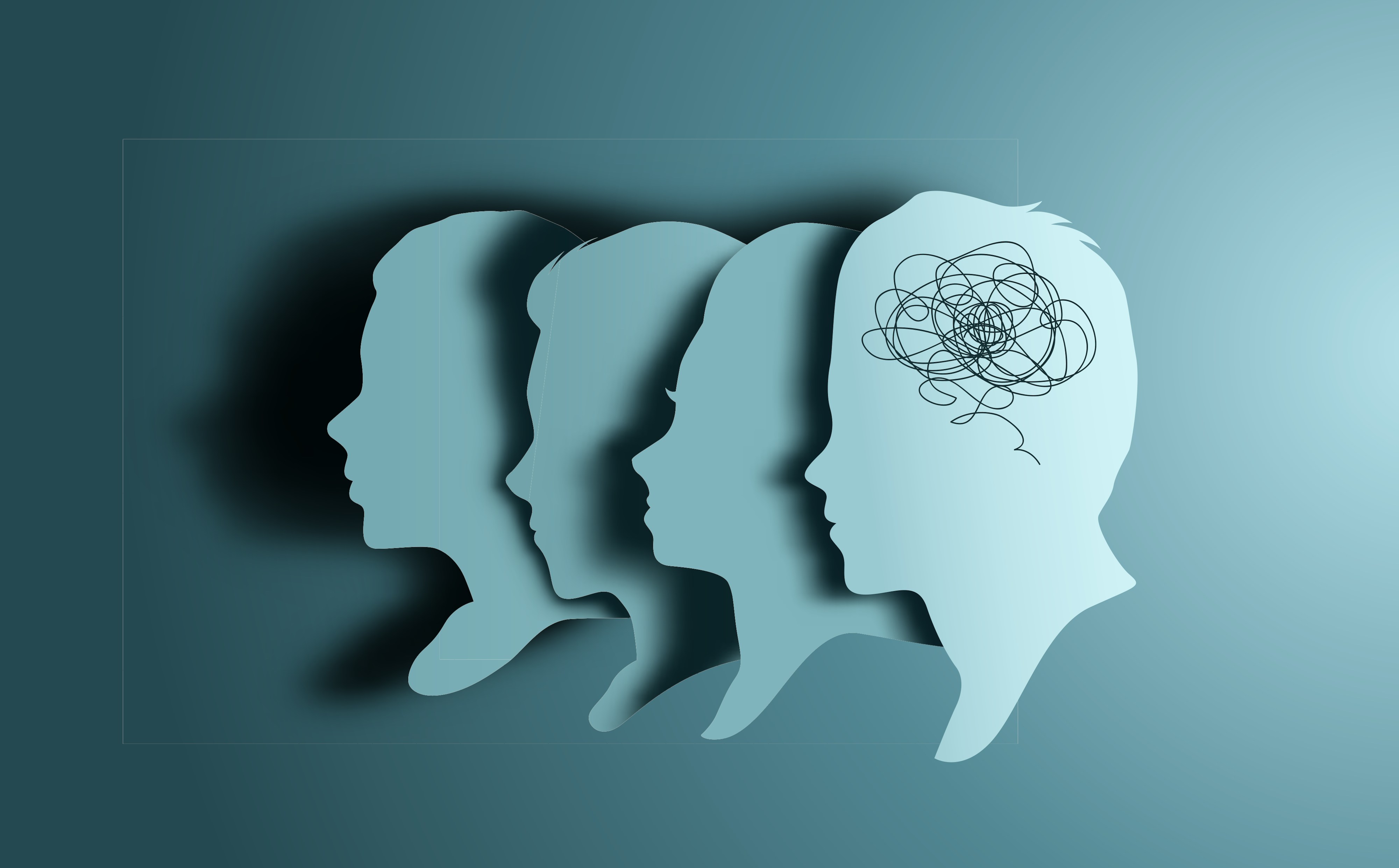

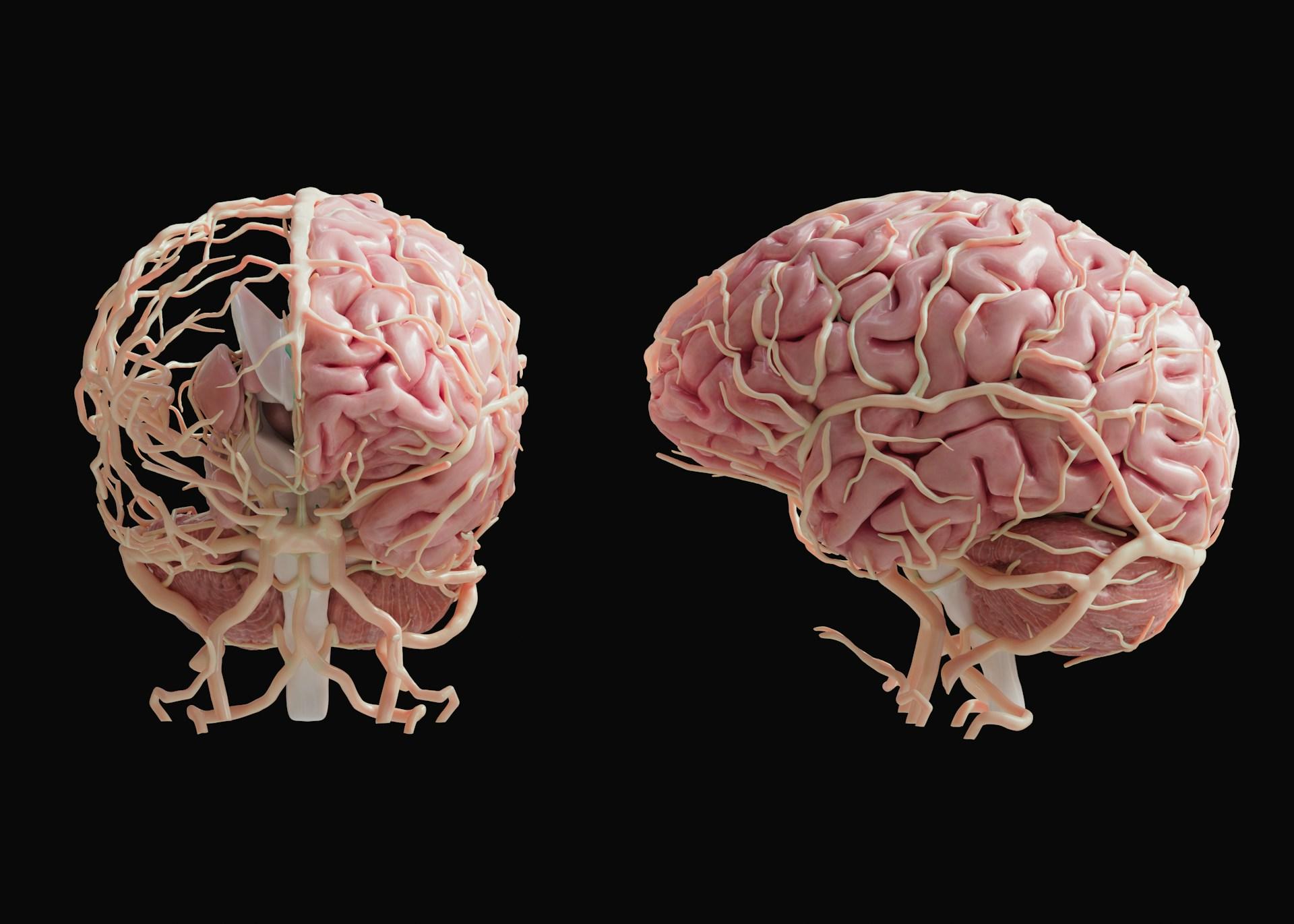
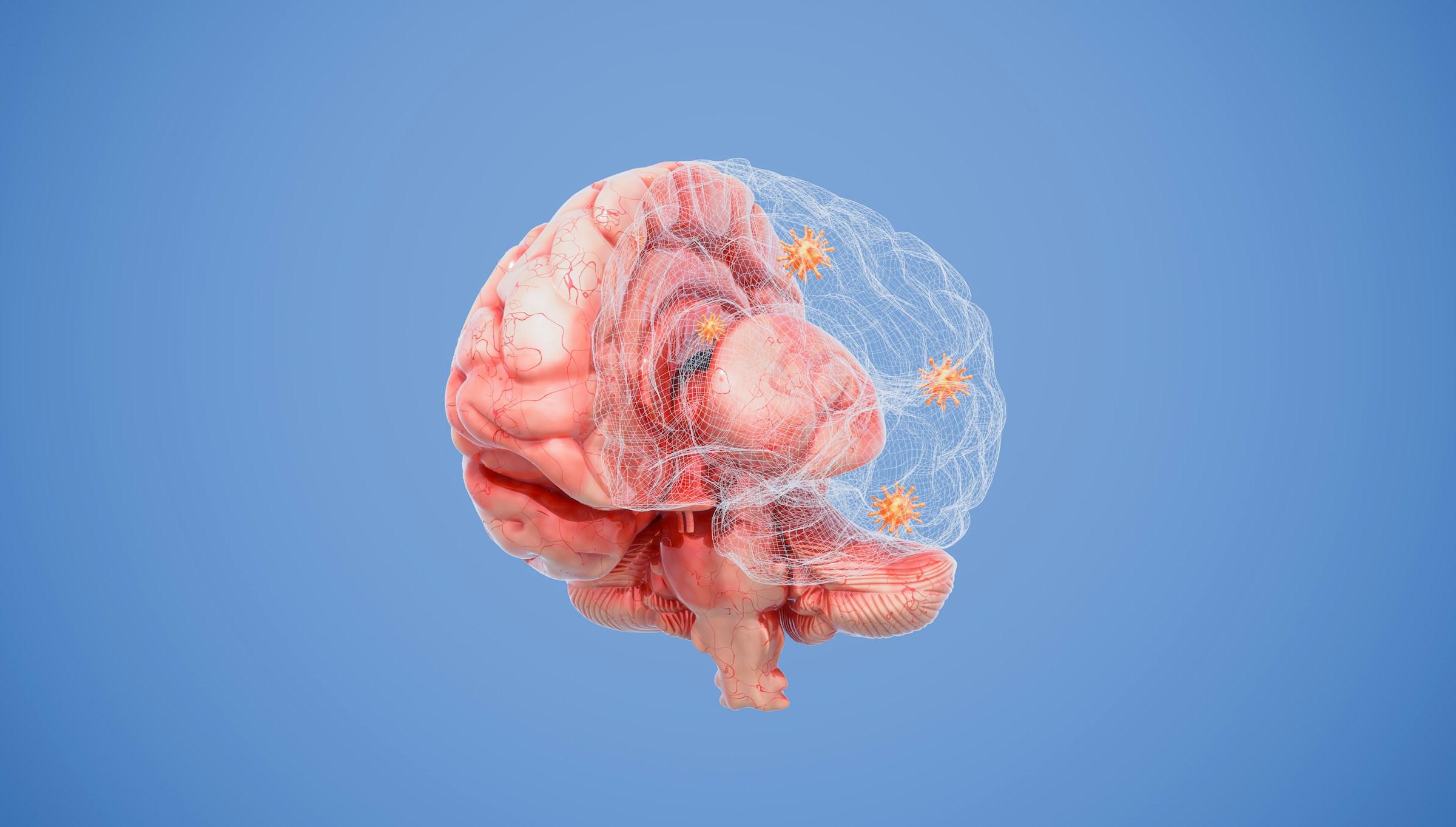




.jpg&w=3840&q=75)
